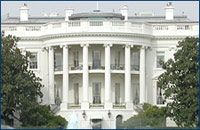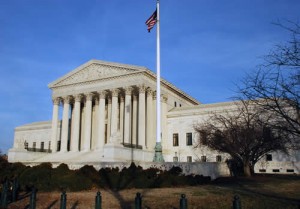Priorities for the Next President: Antitrust Law
 The priority of the new administration in the field of antitrust law will be to undo the damage wrought by Chicago School dogmatists. This does not mean that the economic theories that form the basis of Chicago School economics or its application are incorrect. But, the broad assault by academic, bureaucratic, and juristic theorists over practical reality that has gained significant momentum during the administration of George Bush the younger (hereafter the Bush Administration) has struck down the existing antitrust legal analysis without regard to precedent, evidence, jury findings, and the value to society of private attorneys general in the enforcement of antitrust laws. During the Bush Administration, the older Chicago School theorists on the United States Supreme Court and the lesser appellate courts have joined with new appointees to alter in many basic ways the structure of antitrust law, e.g., they have undone the per se standard for vertical minimum price-fixing, created high barriers for plaintiffs at the pleading stage for antitrust cases so that it is difficult to avoid dismissal prior to discovery, and strengthened the freedom of monopolists to refuse to deal with parties dependent on what they sell and thereby to avoid greater competition for whatever their products may be used to produce.
The priority of the new administration in the field of antitrust law will be to undo the damage wrought by Chicago School dogmatists. This does not mean that the economic theories that form the basis of Chicago School economics or its application are incorrect. But, the broad assault by academic, bureaucratic, and juristic theorists over practical reality that has gained significant momentum during the administration of George Bush the younger (hereafter the Bush Administration) has struck down the existing antitrust legal analysis without regard to precedent, evidence, jury findings, and the value to society of private attorneys general in the enforcement of antitrust laws. During the Bush Administration, the older Chicago School theorists on the United States Supreme Court and the lesser appellate courts have joined with new appointees to alter in many basic ways the structure of antitrust law, e.g., they have undone the per se standard for vertical minimum price-fixing, created high barriers for plaintiffs at the pleading stage for antitrust cases so that it is difficult to avoid dismissal prior to discovery, and strengthened the freedom of monopolists to refuse to deal with parties dependent on what they sell and thereby to avoid greater competition for whatever their products may be used to produce.


